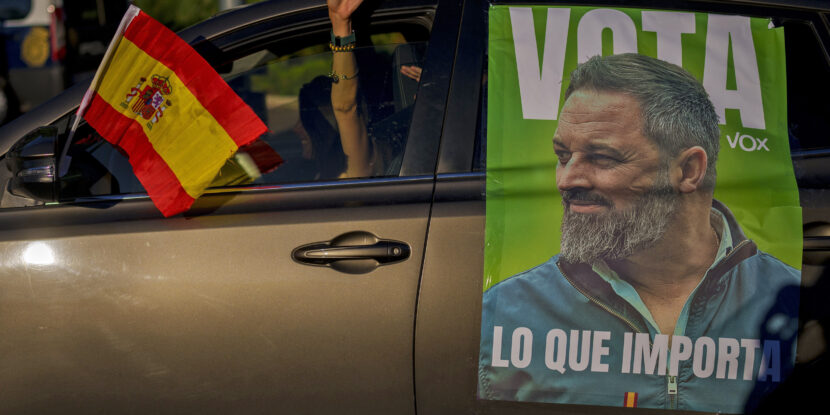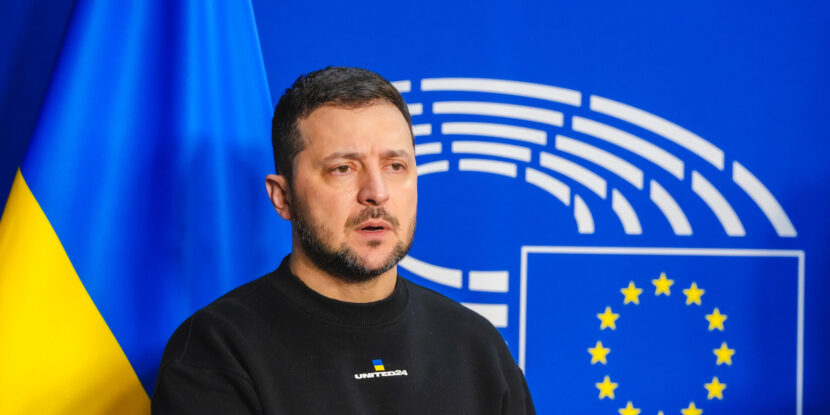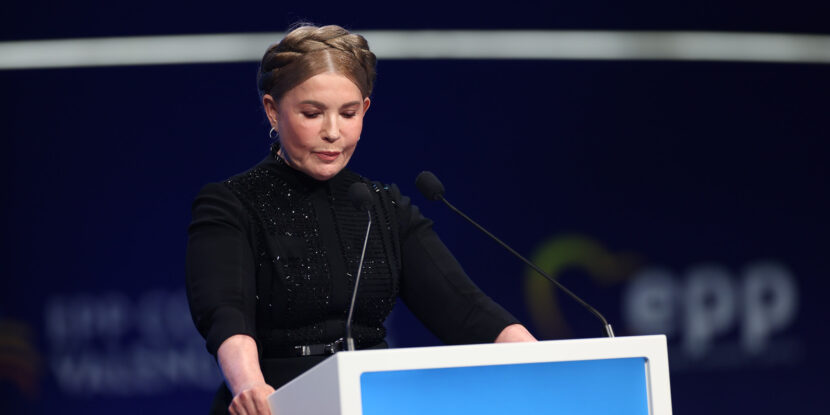There has been no clear winner in the Spanish general election, with the neo-conservative People’s Party (PP) and the Spanish Socialist Workers Party (PSOE) – currently in office – both failing to achieve an outright majority.
The PP won 136 seats, 14 more than the PSOE, which won 122, but a party or coalition must attain a majority of 176 in the 350-seat Spanish parliament in order to govern. If a coalition cannot be formed, the previous government can actually continue for the next four years, even without a mandate. The parties will now endure months of negotiations with smaller partners.
The right-wing populist VOX Party obtained just 33 seats, which still makes it the third-largest party in the country. A coalition between PP and VOX would fail to obtain an outright majority, despite initially being considered likely. Leader of Vox, Santiago Abascsal, argued after the results were announced:
“I’d like to point out something that’s bad news for many Spaniards: despite losing the election, Pedro Sánchez [leader of PSOE and the current Prime Minister of Spain] can block the formation of a new government. Worse still, Pedro Sánchez could even be invested as prime minister with the help of communists, [Catalan] independence supporters and terrorists.”
The extreme left-wing party Sumar – led by the lifelong communist Yolanda Diaz – came fourth with 31 seats but, once again, would be unable to offer PSOE a majority in the parliament. Two regional Catalan and Basque separatist parties collected 13 seats between them and have already supported the current government, giving rise to a potential alliance.
Communist Diaz suggested the left won after the results were publicized on Sunday night: “We’ve won. Today we have a better country. From tomorrow, we have to keep winning rights and we are committed to doing that – more rights for women, for LGBTI people and for workers.”




















